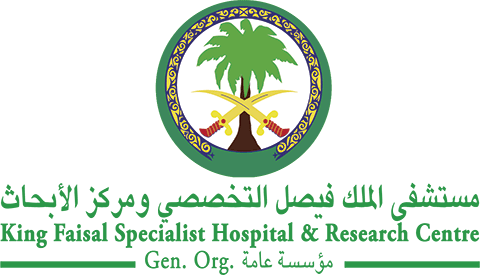Abstract
Adoptive cellular therapies have revolutionized the management of hematologic malignancies, particularly lymphoma and multiple myeloma. These novel therapies targeting disease specific antigens such as CD19 in lymphoma and B cell maturation antigen in multiple myeloma have been shown to be efficacious and reasonably well tolerated, especially when compared to conventional chemotherapies. Unfortunately, their potential has not been realized in acute myeloid leukemia (AML). This can be attributed to the fact that most targetable antigens on AML cells are also expressed on healthy myeloid hematopoietic stem cells (HSC); targeting them results in severe myeloablative effects and pancytopenia. Over the years, several strategies have been devised to overcome this barrier. These include identification of AML specific antigens, limiting CAR-T cell persistence to prevent prolonged myeloablation, and creation of AML specific antigens through manipulation of HSCs prior to allogenic transplant. In this review, we discuss these strategies in detail and list the currently ongoing clinical trials exploring the use of adoptive cellular therapies in AML. For the scope of this article, we limit our focus on adoptive cellular therapies to chimeric antigen receptor T cells (CAR-T) and chimeric antigen receptor natural killer cells (CAR-NK).
Recommended Citation
Arora, Sankalp; Asawa, Palash; Ramakrishnan, Aravind; Bachier, Carlos; and Majhail, Navneet S
(2022)
"Adoptive cellular therapy in acute myeloid leukemia: Current scope and challenges,"
Hematology/Oncology and Stem Cell Therapy: Vol. 15
:
Iss.
3
, Article 12.
Available at: https://doi.org/10.56875/2589-0646.1060
Creative Commons License

This work is licensed under a Creative Commons Attribution-Noncommercial-No Derivative Works 4.0 License.
Included in
Cancer Biology Commons, Hematology Commons, Oncology Commons

